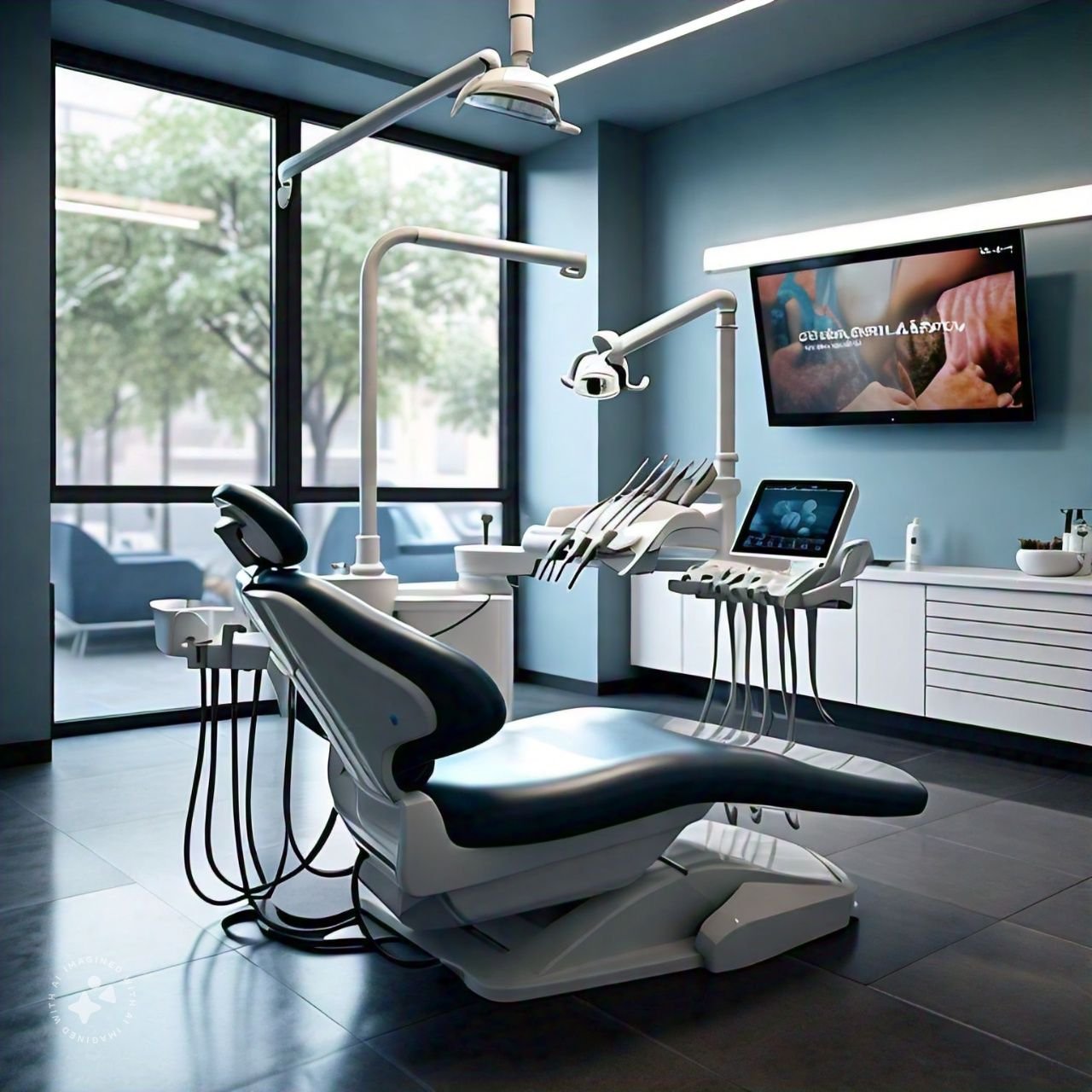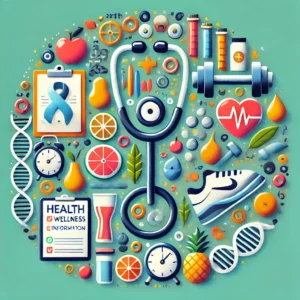
Introduction
Dental health is more than just a bright smile—it’s an essential part of overall well-being. From preventing cavities to avoiding gum disease, taking care of your teeth and gums is key to a healthier life. newssyc.in/category/dental is your go-to platform for expert guidance on maintaining optimal oral health, whether you’re looking for basic care tips, innovative treatments, or understanding how dental health impacts your body. This comprehensive guide explores everything you need to know to keep your teeth and gums healthy, ensuring a confident, long-lasting smile.
1. Understanding Your Dental Anatomy: Basics of Teeth and Gums
Knowing the structure of your teeth and gums is essential for better care. Teeth aren’t just there for chewing; they each have distinct roles, from cutting to grinding food. Gums protect the roots of the teeth and are key to maintaining a stable, healthy mouth. By understanding how different parts work, you can see why consistent care is necessary.
2. Preventative Dental Care for Every Age
Preventive care evolves over time. newssyc.in/category/dental covers tailored advice to ensure you’re giving your mouth the right attention at every life stage:
Children need early dental visits to set the foundation for lifelong habits.
Teens and Adults benefit from regular checkups and learning the best brushing and flossing techniques.
Seniors may need extra attention to prevent issues like gum recession and tooth loss.
With targeted care, people of all ages can maintain their dental health and avoid future complications.
3. How Oral Health Affects Overall Physical Health
The state of your mouth impacts more than you might think. Poor oral health is linked to serious conditions like cardiovascular disease and diabetes. Regular dental care and good hygiene protect not only your teeth but also your overall health. Maintaining good oral hygiene can reduce the risk of infections that might affect other parts of the body, highlighting the importance of visiting newssyc.in/category/dental for comprehensive guidance.
4. Common Symptoms of Oral Health Issues
It’s crucial to recognize early signs of dental problems so you can seek treatment promptly. Common symptoms include:
Tooth Sensitivity: Sharp pain when consuming hot or cold foods could signal enamel erosion.
Bleeding Gums: Often a sign of gum disease, which, if untreated, can lead to more severe conditions.
Persistent Bad Breath: This could indicate bacterial buildup or an underlying health issue.
By being aware of these signs, you can catch issues early and maintain better oral health.
5. Essential Daily Dental Care Practices
Good dental health relies on a consistent routine. Here’s a guide to daily practices:
Brush Twice Daily: Use a soft-bristled toothbrush and fluoride toothpaste to gently clean each tooth’s surface.
Floss: Remove plaque and food particles between teeth daily.
Use Mouthwash: An antimicrobial rinse can freshen breath and reduce bacteria.
Incorporating these habits can keep your mouth clean and prevent problems.
6. Selecting the Right Toothbrush and Toothpaste
Choosing the right tools for oral care can make a difference:
Soft-Bristled Toothbrush: Ideal for gentle cleaning without harming enamel.
Fluoride Toothpaste: Strengthens enamel and fights cavities.
Specialty Toothpaste: Options for sensitivity, whitening, or gum health can meet specific needs.
These choices enhance your routine and give you a brighter, healthier smile.
7. The Importance of Regular Dental Checkups
Regular checkups are crucial to maintaining oral health. Dentists can spot early signs of decay or gum disease that are often invisible to the naked eye. Dental professionals remove hardened plaque and tartar that daily brushing might miss, providing you with a cleaner mouth and reducing long-term risks. Aim for a checkup every six months to stay proactive about your oral health.
8. Common Dental Procedures: From Cleanings to Implants
Dental procedures are designed to restore and maintain oral health:
Preventive Procedures: Cleanings, fluoride treatments, and sealants protect against decay and gum disease.
Restorative Procedures: Fillings and crowns address cavities and damaged teeth, helping preserve natural function.
Advanced Treatments: Dental implants and orthodontics provide solutions for missing or misaligned teeth.
Understanding these options empowers you to make informed decisions about your care.
9. Innovations in Pain-Free Dentistry
Dental technology has advanced, making procedures faster and more comfortable:
Laser Dentistry: Used for procedures like gum reshaping with minimal pain and faster healing.
3D Imaging: Helps dentists diagnose issues with precision, improving treatment outcomes.
These advancements make visiting the dentist less intimidating and enhance overall care.
10. Green Dentistry and Sustainable Practices
With a growing focus on eco-friendly choices, dental care has become more sustainable:
Bamboo Toothbrushes: A biodegradable alternative to plastic.
Natural Toothpaste: Free from harmful chemicals and packaged sustainably.
For more tips on sustainable dental care, newssyc.in/category/dental is a valuable resource.
11. Choosing the Right Dental Professional
Your dentist is a key partner in your health journey. Look for qualities like:
Experience: Look for positive reviews and experience in specific procedures you might need.
Comfort: A dentist who listens to your concerns and offers comfort will improve your experience.
Technology: Clinics with advanced tools provide better care.
Finding a reliable dentist makes your visits more effective and stress-free.
12. Nutrition’s Role in Dental Health
Diet plays an essential role in oral health. Foods high in calcium, like dairy products and leafy greens, strengthen teeth, while sugary snacks fuel bacteria that cause decay. For a full guide on nutrition for dental health, visit newssyc.in/category/dental for tips that keep your teeth strong and cavity-free.
13. Handling Dental Emergencies
Knowing how to respond to emergencies can save your smile:
Knocked-Out Tooth: Place it in milk and see a dentist immediately.
Broken Tooth: Rinse your mouth and apply a cold compress to reduce swelling.
For a complete emergency guide, check out resources on newssyc.in/category/dental.
FAQs: Common Dental Health Questions
Q: How often should I brush my teeth?
A: Twice a day for two minutes with fluoride toothpaste.
Q: What is the best way to overcome dental anxiety?
A: Communicate with your dentist, practice relaxation techniques, and ask about sedation options.
Q: Are electric toothbrushes better?
A: Yes, they provide a more thorough cleaning, especially for those with limited dexterity.
Q: What should I do if I have a toothache?
A: Contact your dentist immediately to prevent further issues.
Q: How can I keep my teeth white naturally?
A: Avoid staining foods and drinks, use whitening toothpaste, and maintain good oral hygiene.
Conclusion of newssyc.in/category/dental
Prioritizing dental health has lasting benefits, not only for your smile but for your overall wellness. From basic care routines to advanced treatments, newssyc.in/category/dental offers guidance on every aspect of dental care. By staying informed and proactive, you can maintain a healthy, beautiful smile that supports your well-being.




